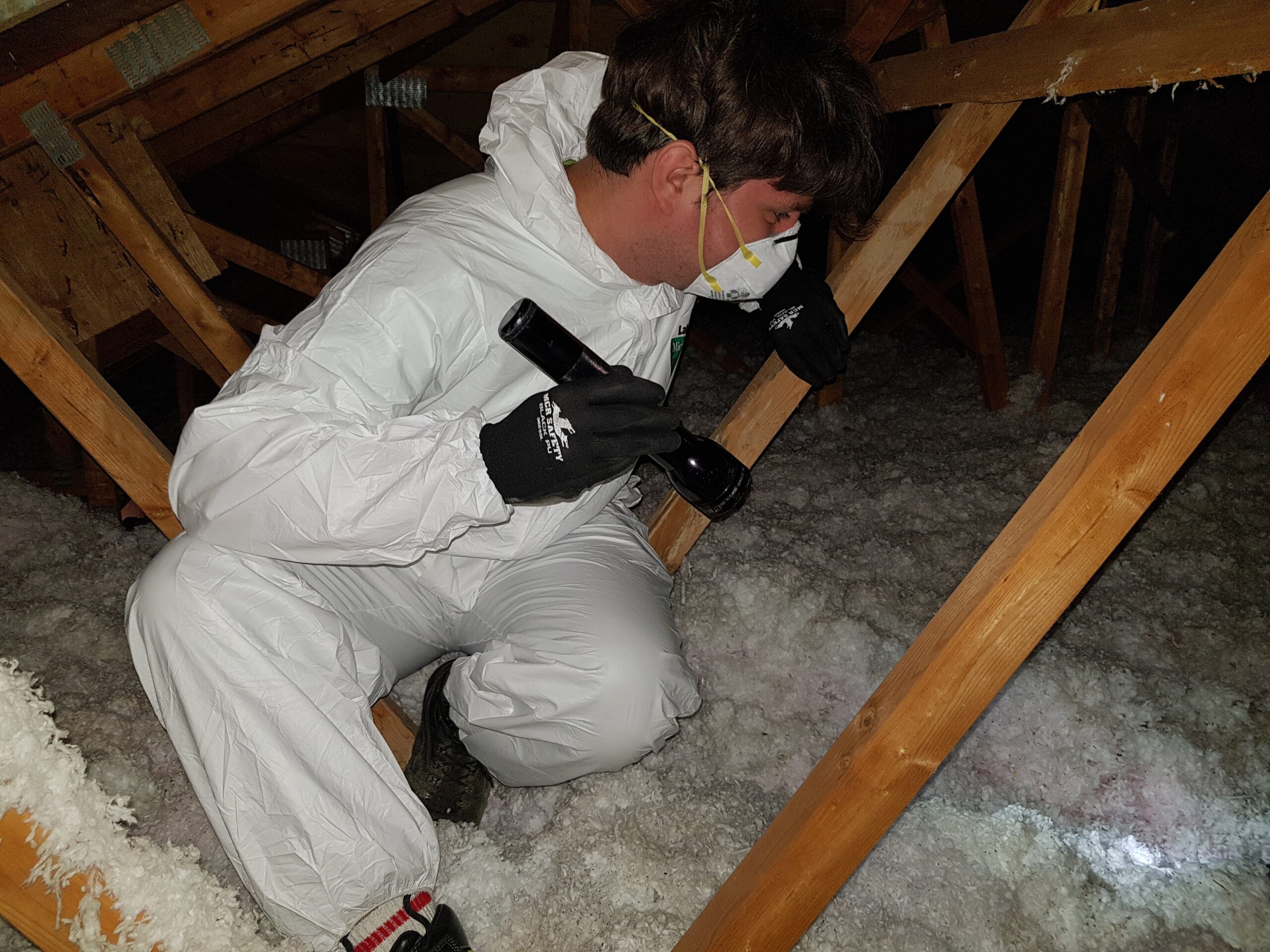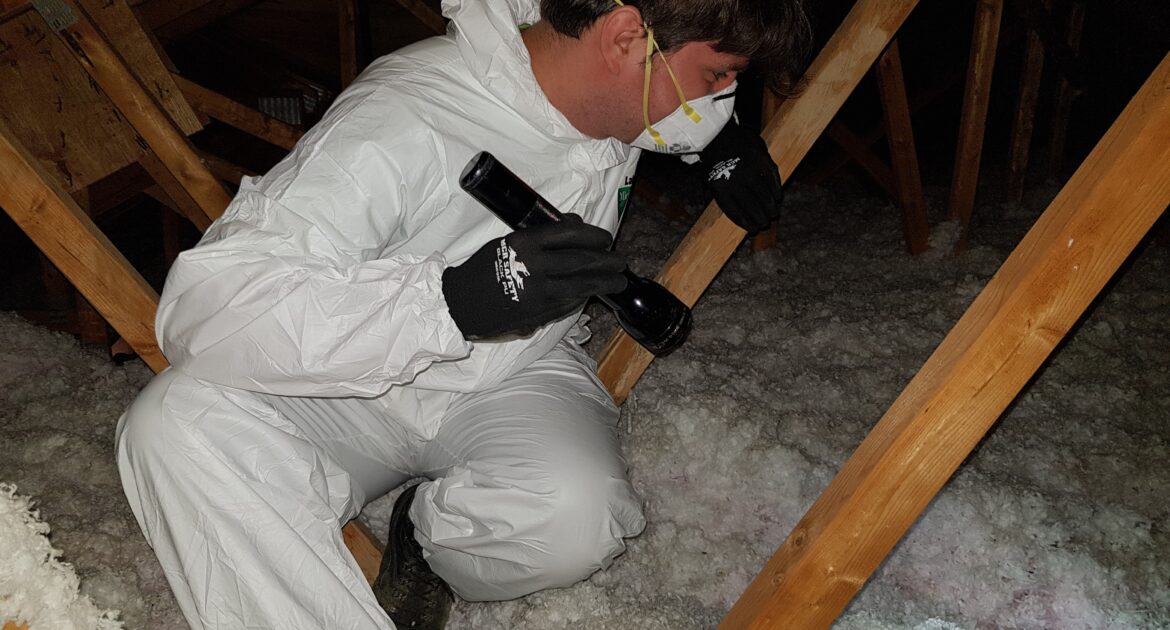It is easy to underestimate mice because of their small size, but because of a short gestation period of less than a month and no particular mating season, mice can quickly produce large numbers. Mice chew on anything they can get their teeth on to keep them filed down as they continuously grow. They can compromise structural integrity by gnawing on supports and cause a fire hazard by chewing on electrical wires. You may be able to prevent this by hiring wildlife control in Barrie at the first sign of infestation.
Is Fibreglass a Mouse Deterrent?
If there are tools that could help keep mice out of your home in the first place, this would be preferable to mice removal after the fact. Unfortunately, fibreglass is not such a tool. Researchers at the University of Nebraska-Lincoln conducted a six-month study of mice and insulation. The mice caused severe damage to five different types of insulation material, including fibreglass batts, when tested under controlled conditions.
Do Mice Eat Fibreglass, and Is It Dangerous for Them?
Fibreglass is an inorganic material. If mice were to eat it, it certainly wouldn’t offer them any nutritional value. There do not appear to be any studies done on the effects of fibreglass consumption on mice, so it is not clear what the effects would be if they ate it and if it would be harmful. The question may be a moot point as it does not appear that mice in uncontrolled conditions actually consume fibreglass.
If Mice Do Not Eat Fibreglass, What Do They Do With It?
While mice do not eat fibreglass, that does not mean that it is of no use to them. Fibreglass is a pliable material, easy for mice to demolish with their teeth and claws. Because it is also soft and warm, it makes a good nesting material for mice to raise their babies. Mice are born hairless, so it is important for them to have nesting material that maintains a consistent temperature so the babies stay warm while the mother is looking for food. Because fibreglass is made to insulate homes, it is ideal for holding in the mouse babies’ body heat and keeping them warm.
What Other Damage Can Mice Do to Fibreglass Insulation?
Mice may rip up the fibreglass and use the shavings for nesting material, or they may hollow out a hole in the insulation and build their nests there. If this is the case, both the mother mouse and the babies are likely to contaminate the insulation with their urine and excrement. Fibreglass is an absorbent material that can soak the urine right up. It may also soak through to the drywall.
If insulation and other building materials soak up mouse urine, they may start to smell. The odour may permeate into other areas of the house. Urine-soaked insulation may start to break down, damaging its effectiveness. If drywall soaks up urine, it may experience moisture damage and need to be replaced.
However, the biggest danger of mouse urine contamination is disease. Mouse urine can contain bacteria and viruses that can cause infections that can spread to humans. One of the most serious of these is hantavirus. Breathing in this pathogen within aerosolized particles of mouse urine can cause severe respiratory illness. There is no vaccine against hantavirus and no antiviral medications that are effective against it. Most people who contract it require artificial ventilation at a hospital, and approximately one-third of hantavirus patients do not survive.
How Does Wildlife Control in Barrie From Skedaddle Help With a Mouse Problem?
If there are mice in your house, we remove them to the outdoors and seal up entry points so they can’t get back in. Our services also include repairing any damage the mice have caused and decontaminating where they have been. Find out more about all the services we offer in Barrie.




